How to Close the Digital Gender Gap:
A Conversation with Paula Ingabire
- 06 Mar 2023
- 18 min read
An influential global figure at the forefront of one of Africa's leading technological powers, Paula Ingabire has always been passionate about STEM. Her love for the sciences at a young age grew into a keen interest in technology, leading her to study Computer Engineering and IT before embarking on a Master’s at MIT. Named in 2019 by Apolitical among the Top 20 of the World’s 100 most influential people in digital government, Paula’s meteoric rise saw her take on the role of Minister of ICT and Innovation in Rwanda at the age of 36.
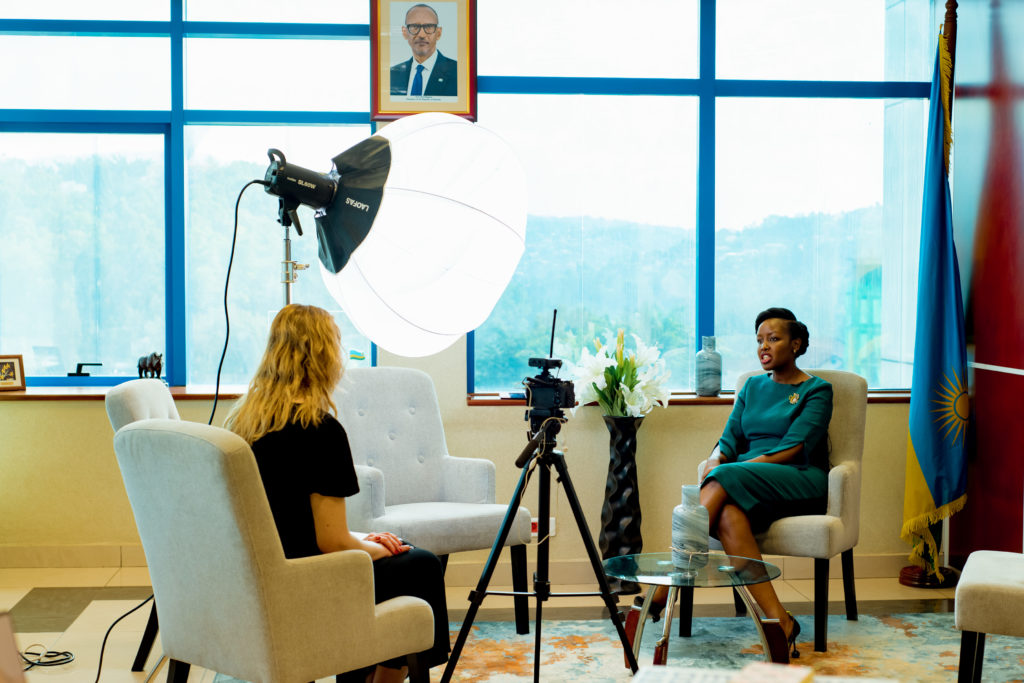
Having been at the helm of Transform Africa, a platform that brings together innovators and policy makers to shape Africa’s digital transformation agenda, her expertise has propelled Rwanda forward in its adoption of Fourth Industrial Revolution tools. But it is her dedication to improving the participation of girls and women in tech that makes her stand out as a truly remarkable leader.
In this exclusive interview with Caryn Thandi Petersen, head of Content & PR at ALX, Minister Paula Ingabire opens up about her journey to becoming a leading woman in technology and innovation, and how she’s spearheading a movement to bridge the digital gender divide. Watch the full interview on the ALX Africa YouTube channel.
Tell us a bit about your background and how it led to you becoming the Minister of ICT and Innovation at a relatively young age. Was this a path that you thought you would follow?
As a kid, I enjoyed taking classes in Maths, Physics and Chemistry. I wouldn’t say I knew that I would end up in tech, but I was quite comfortable with the sciences. I studied Computer Engineering and Information Technology at the College for Science and Technology at the University of Rwanda, and during that time I developed an interest in technology and became more familiar with the tech space. When I graduated, I joined the Rwanda Information Society Authority (RISA) – a government implementation agency – as a junior tech officer.
My role at RISA was primarily focused on project management of IT projects, giving me good exposure to both technical and project management sides of the role. I got my Master’s degree in System Design and Management, and that also provided me with technical and management knowledge, so it was quite useful. After my Master’s programme, I joined the Rwanda Development Board (RDB) where I managed the Kigali Innovation City project, and then I was appointed into my current position as Minister of ICT and Innovation.
I had a good understanding of the requirements and challenges of tech implementation from my time at RDB, so I think it was a natural transition moving to the policy side of tech at the Ministry. I’d been in the industry for about 12 years before I assumed this role, and I’m quite excited about the potential for growth that technology offers us.
What motivated you to pursue a career in the tech space?
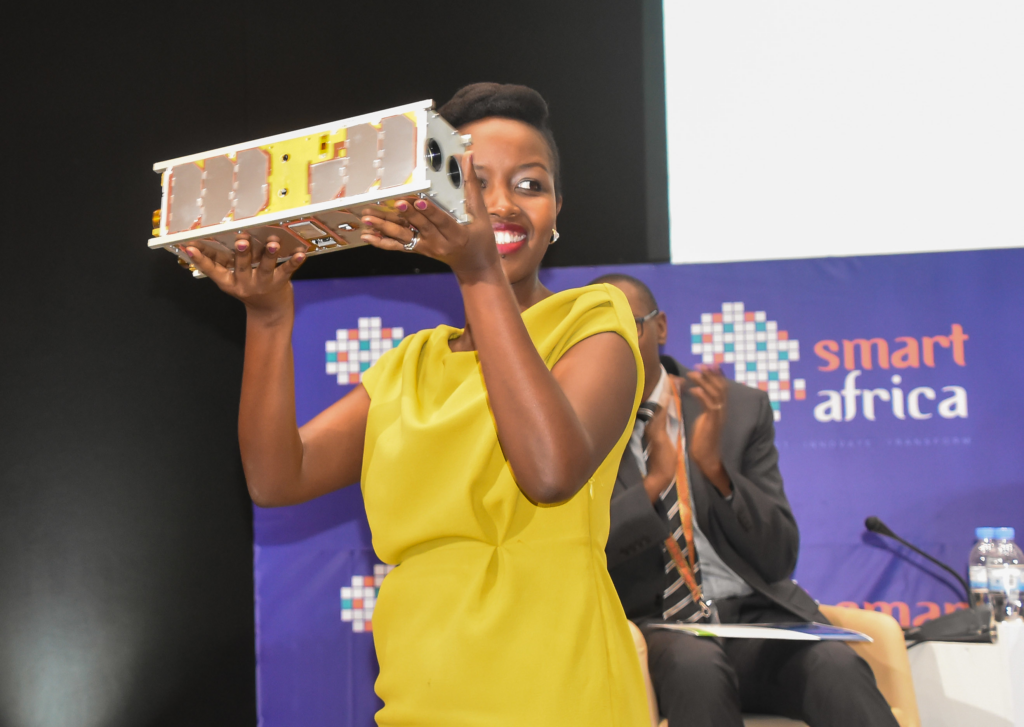
In the early days, technology was viewed in isolation, as a standalone field. But getting really deep into it, you realise that it can be applied to any sector and can solve any problem.
I would say my biggest motivation was my dad. He’s a Mechanical Engineer, and I’ve naturally always looked up to him as a role model. After high school, I was trying to figure out what programme to apply for at university; my options at the time were Electrical Engineering, Mechanical Engineering or Computer Science. My dad was the one who convinced me to apply for the Computer Science programme. I’d been a part of some coding programmes while I was in high school so that influenced my decision as well.
I think what I enjoy the most about tech is the cross-cutting, enabling role that it plays. In the early days, technology was viewed in isolation, as a standalone field. But getting really deep into it, you realise that it can be applied to any sector and can solve any problem. It's truly been an exciting journey so far, and I have no regrets.
You have risen to phenomenal heights in your career. Can you share some of the highlights that stand out for you? What achievements are you most proud of?
On a personal level, my biggest achievement is the growth that has come with being open to new challenges and learning from the process. If I look back five or ten years ago, I would not have imagined myself in my current role. My experiences since I got into government have taught me the importance of a continuous desire to learn. In an industry where there’s constant disruption and new technologies being developed every day, I’ve had to keep up and continuously reinvent myself.
Looking beyond my personal and professional achievements, I can say that Rwanda has progressed significantly as a country, in terms of putting technology front and centre in all that we do. The technological advancements over the last few years have been quite impressive, and that’s really opened my eyes to the importance of building strong teams and systems.
It’s also challenged me to figure out how to build strong foundations that the technology landscape can benefit from in years to come. The level of progress that we’ve seen so far does not mean that all the problems have been solved. Technology plays a critical role in transforming lives, and now that there’s a general recognition of this, expectations are definitely higher. I can say we’ve achieved massive evolution and growth, but we’re conscious of the expectations, and we’re constantly thinking of ways to improve.
What are some of the biggest challenges you have faced in your current role, and how are you working to overcome them?
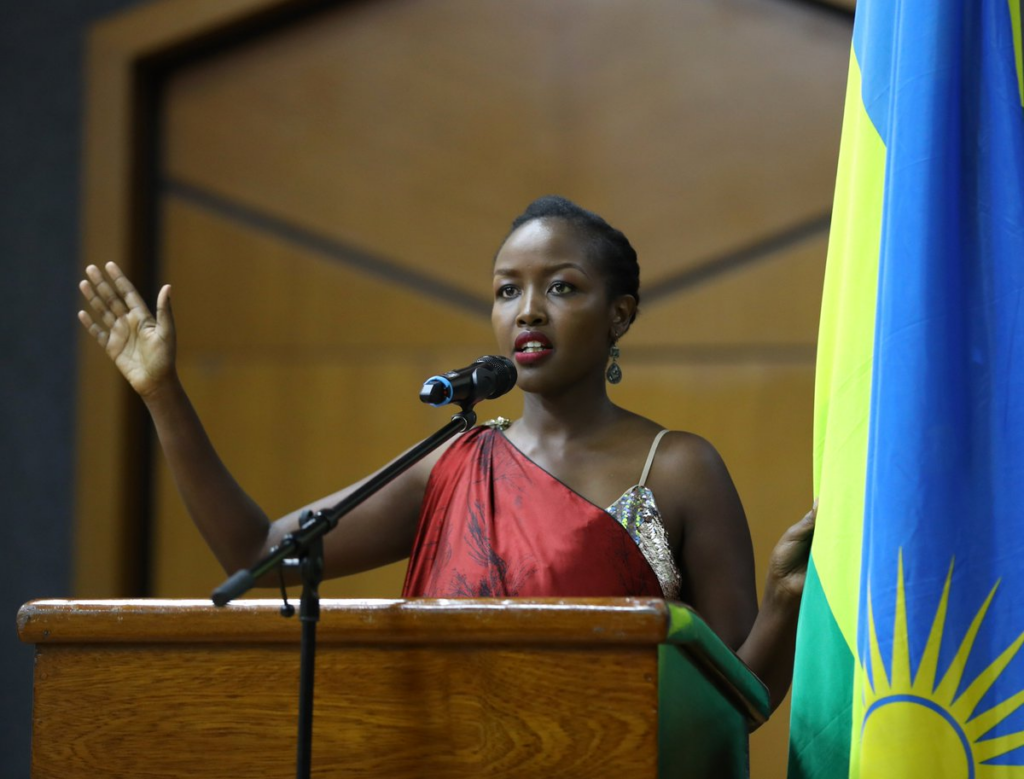
Technology is becoming the default way of solving problems, and it's embedded in everything we do. That means that there’s a huge demand for talent, not just in numbers, but in the quality of talent.
There are quite a few challenges, and they're not unique to Rwanda, or even to myself in this position. First is the critical mass of talent that’s required for tech. Technology is becoming the default way of solving problems, and it's embedded in everything we do. That means that there’s a huge demand for talent, not just in numbers, but in the quality of talent. We’re working with organisations like ALU and ALX to produce talent and close the talent gap as much as possible. Even more developed countries are still trying to figure out how to attract and retain the best talent. It’s an ongoing challenge, but we’re working to get to the point that attracting talent no longer poses a problem, and we can focus on retention and delivering results.
Second is the competition for financial resources. There are numerous problems on the continent, and everything is a priority. It’s important to think about how to mobilise the right partnerships to shoulder some of the financial burden and ensure we are solving the right problems at the right time. Finally, there’s the challenge of mindset change. Technology is helping us transition from the conventional ways of doing things, which is great, but everyone needs to be on board for us to truly be successful. Unfortunately, there are still some bottlenecks. For example, there are still some parts of the country that are outside areas of internet coverage. There’s also the issue of affordability, and how that impacts access to and adoption of technology.
The most important thing is to find the right partnerships, and work together in finding solutions to these challenges.
In 2019, you launched a Women in Technology campaign, calling on women to embrace technology – to learn it, teach it and use it in their everyday lives. What motivated you to become such a passionate advocate for increasing the representation of girls and women in tech?
Considering that women make up at least 50% of our population, the campaign wasn’t just for the sake of women empowerment, but for national growth and development. Also, since we are conscious of technology’s role as an enabler of the inclusion agenda, we must make sure that our efforts in the tech space align with the same principles. We need to examine the nuances of society to ensure that we don’t continue to leave certain groups of people behind. More often than not, the population being left behind are women, and also people with disabilities.
But speaking specifically about women, the campaign was trying to convey a strong message. If we are really going to be as inclusive as we say we want to be with our strategies and policies, and the way we implement them, then we must make sure that our programmes are intentionally and deliberately designed that way. One thing we’ve learned is that one-size-fits-all programmes will negatively affect the scale of impact; we need to disaggregate the data so we can design more targeted solutions. We also must ensure that certain groups are not left behind as we think about connectivity, access to technology, and the opportunities that technology provides.

Another driving factor for us as a country – and this is a problem in even more technologically advanced economies – is the very small number of women in the workforce. There are biases that will incorporate themselves in your solutions if you don’t have a diverse team. Solutions coming to the market should be able to address the unique needs of different segments of the population. It’s important to us that the tools being developed in and for Rwanda must be designed by diverse teams to ensure that the solutions are a good fit for all target groups.
It’s not just a campaign for us. It's always going to be a design metric for everything that we do as a country. Because it's not only about women empowerment; it's really about the inclusivity of all our programmes.
Why do you believe diversity and inclusion in tech can benefit the growth of innovation and the industry as a whole?
First of all, if your target market is a population of 14 million people, as you build solutions, you're not just looking to target 6 million or 7 million. Every company hopes that each individual can become a client. But how can you achieve that if you don’t understand the different perspectives of your target audience? You cannot assume that the challenges are the same across the population.
The pandemic really opened our eyes to the ways technology can serve as an enabler for inclusion, especially with remote work. Women typically struggle to balance their careers and families, leading to a lot of them giving up their professional lives to take care of their families. Remote work has made it much easier for women to achieve this balance.
Why is inclusion and diversity very important for us as a country? Because we are not just targeting 50% of the population – that has never been a focus for us. Our focus is to ensure that access to electricity, education and technology is a basic right for everyone.
Apple CEO Tim Cook recently stated that “There is no excuse for not having enough women working in tech”. What are your thoughts on this – and what do you think it will take to break down the barriers that prevent women from entering and staying in the tech field?

It’s one thing to advocate for more women in tech, but it’s also important for women to really take their place at the table.
I completely agree with Mr. Cook. I think there's no excuse, but at the end of the day, breaking down the barriers requires a multipronged approach. It’s one thing to advocate for more women in tech, but it’s also important for women to really take their place at the table. The starting point is being intentional about providing women with opportunities. We then have to ensure that women seize the opportunities presented to them.
We also have to consider cultural influences. We’re lucky that we’ve been able to break down a lot of the cultural barriers in Rwanda, mostly as a result of the intentionality of the country's leadership in ensuring that women occupy decision-making positions. Because women are involved in finding solutions to society’s problems, it has a ripple effect, causing women at all levels to feel empowered. This is not to say that the cultural barriers have been completely eradicated, but continuous dialogue and conversation on equal opportunities for women will take us closer to the goal.
The role of the family is also very important in breaking down these barriers. Girls need to be taught early on that they can succeed in any career and should be provided with the opportunities to do so. We need to create the role models that we want young girls to be inspired by in the next 10, 20, or 30 years. It’s also important to provide a platform for these inspirational stories to be shared, so that they can reach as many girls as possible.
Have you had any mentors or role models who have inspired you on your journey?
I've had a few role models over time, but growing up, the person I looked up to the most was my father. He wanted all his six children to possibly get into science or STEM fields, so he provided us all with equal opportunities to do so. He really helped to build my confidence and was deliberate about helping us through our life choices.
Thinking about my professional career, I would say I’m lucky to have identified people who not only inspired me, but were willing to tell me the truth, and nudge me in the right direction. There’s never been a role I’ve taken on that I walked in feeling 100% confident, but I’ve surrounded myself with people who encourage me to put my fear aside, and step outside my comfort zone. I wouldn’t be where I am today without the influence of role models and people who inspire me, and I hope I can extend the same support to the younger generation.
What excites you about the future of technology and innovation in Africa, and the solutions it can create?

I love the equalising effect that technology has. It doesn’t matter about your background, or where you’re from, technology provides people with access to the same kind of opportunities.
The most exciting thing to me is that the changes are constant. I get bored quickly, so being in a field where things are constantly changing is something I wake up looking forward to every day. You have to constantly be on your toes and figure out how to stay ahead.
I think the potential to drive meaningful impact is also really exciting. There is not a single field where technology does not hold the promise for impact, but it is important to think about the best ways to deploy it. I also love the equalising effect that technology has. It doesn’t matter about your background, or where you’re from, technology provides people with access to the same kind of opportunities. There used to be a time where you had to attend the best schools to get the best exposure in terms of education. Now there are so many opportunities online to reskill and upscale, regardless of the industry you’re in.
We need to start with the basics in making sure that everyone can access and benefit from these exciting promises that come with technology, but we also need to do this in a safe manner. There are concerns about the dangers of the digital world, and how much we’re exposed to – especially for our children. Beyond the excitement, we need to think of the potential negative consequences of tech and put up safeguards to address them.
At ALX, we aim to challenge young women across Africa to claim their place in tech. What has enabled you to claim your place and make such a powerful impact?
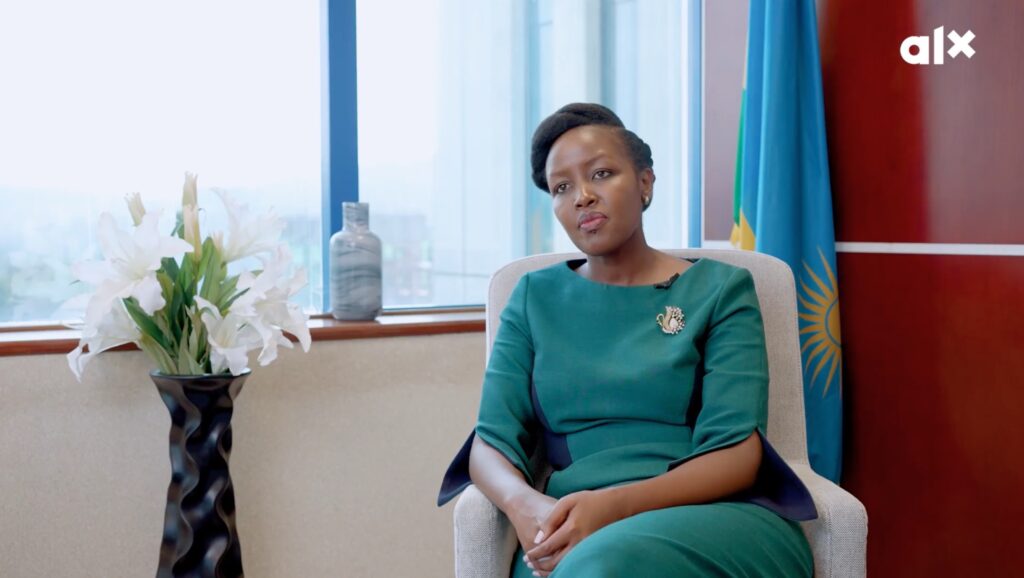
Claiming your place is about being open to change and providing people with options for solving problems. It’s not enough to just be at the table; how much value do you bring to it?
I think a key thing is to have a learning and growth mindset, and not think that you know everything. Surround yourself with people who are more experienced and have more expertise than you because that’s the only way to learn. Also, not everyone is going to be a leader; it’s equally important to think about how to work with others to achieve great results. Some people will be in the driver’s seat, and others will play supporting roles. The most important thing is to always ask yourself, “What’s the best role I can play with the skills I have, and the opportunities given to me?”
It’s also important to continuously monitor your progress. So much is happening at once, and there’s a tendency to ‘float’ if you don’t reflect on your learnings; the ability to be able to transfer lessons to your next opportunity is key.
One of the earliest pieces of feedback that my team and I received when I got into this role was that people didn’t really understand what we were doing because we used so much technical jargon. We had to make a conscious effort to articulate the problems, and solutions, in a way that people would understand. Claiming your place is about being open to change and providing people with options for solving problems. It’s not enough to just be at the table; how much value do you bring to it?
Can you share some of the projects you’ve initiated to promote and support girls and women in tech?
We’re building a strong foundation to get more girls into tech. One of the projects we’ve been a part of is the Girls in ICT Programme. It brings together women and girls in the tech field, and through school outreach, encourages young girls to participate in tech. The girls are given the opportunity to ask questions and maintain a close relationship with women who can support and mentor them.
Another programme we created is the ‘Miss Geek’ competition, which brings young girls together to solve problems. It started in Rwanda, and has since expanded to 22 countries, which is phenomenal. We’re hoping to one day bring all 22 countries together to expose the young girls to different cultures and backgrounds. This brings me back to my point about diversity in the workforce; it’s important to view it from a cultural perspective, as well as the gender lens. If you're trying to solve a healthcare problem, for example, the issues in West Africa will be different from those in East Africa. If we want girls and women to build unicorns, they have to be able to build products that are global in nature. We’re excited about this competition as a Ministry and hope to be able to continue to support it.

We also launched the Rwanda Coding Academy three years ago as a bridge programme to provide much needed tech skills to students. With that, we’re conscious of ensuring there’s an equal intake of male and female students. Rwanda is leading the Generation Equality Forum on Tech and Innovation too, and the focus there is to empower more women and girls to participate in tech and build companies and start-ups. We’ve been intentional about supporting women-led start-ups and encouraging women to grow their businesses.
Ultimately, the gender lens is very important in all we do as a Ministry, even with our hiring processes; we try to be deliberate about creating an overall gender balance.
What message would you give to girls and young women considering a career in tech?
It's a simple message: Nothing is impossible. There’s the misconception that tech related skills are the most difficult to learn, and this sometimes discourages girls from participating. But it’s not any more difficult than any other programme; it all depends on your belief in yourself, and your willingness to do the work.
To all the young girls out there, having role models and access to opportunities is great, but will make no difference if you don’t believe in yourself. There’s never going to be a field that does not come with its own challenges, but if you are really focused on doing the work, the universe will respond.
ALX is promoting diversity and inclusion in tech by building a new generation of digital leaders and innovators for the 21st century. Find out more about how it's creating actionable steps to advance women in tech with the launch of its trailblazing Software Engineering cohort for women.
#ALXonIWD #BeBoldLeadTech
 Ghana
Ghana 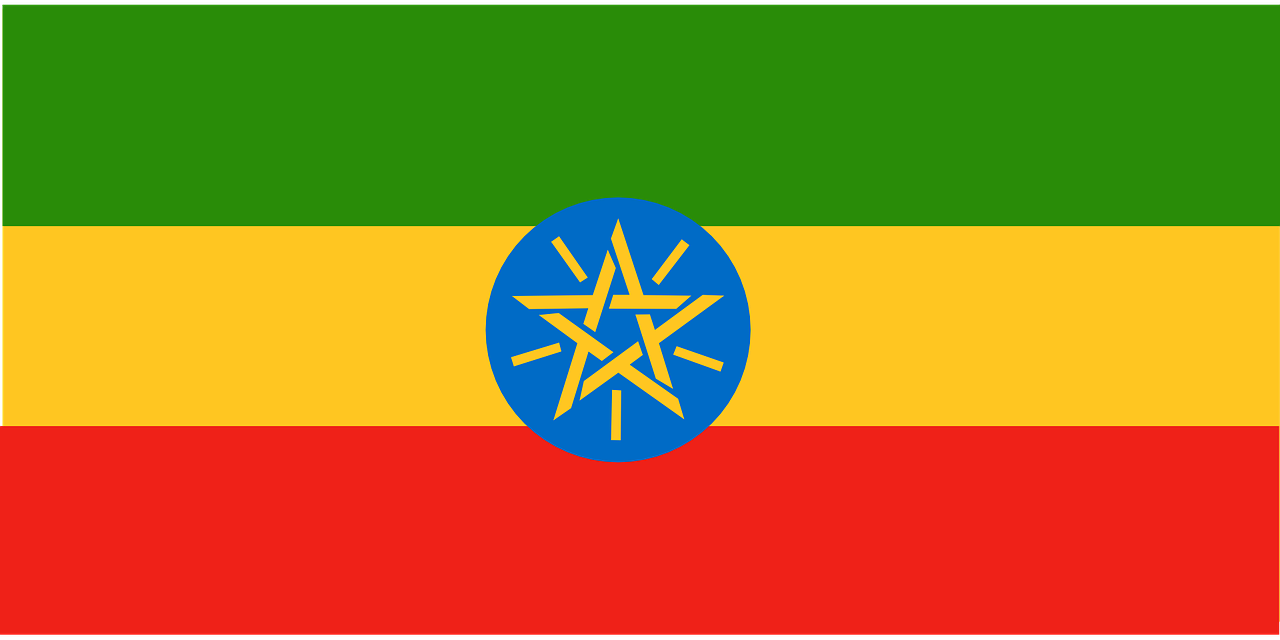 Ethiopia
Ethiopia  Egypt
Egypt 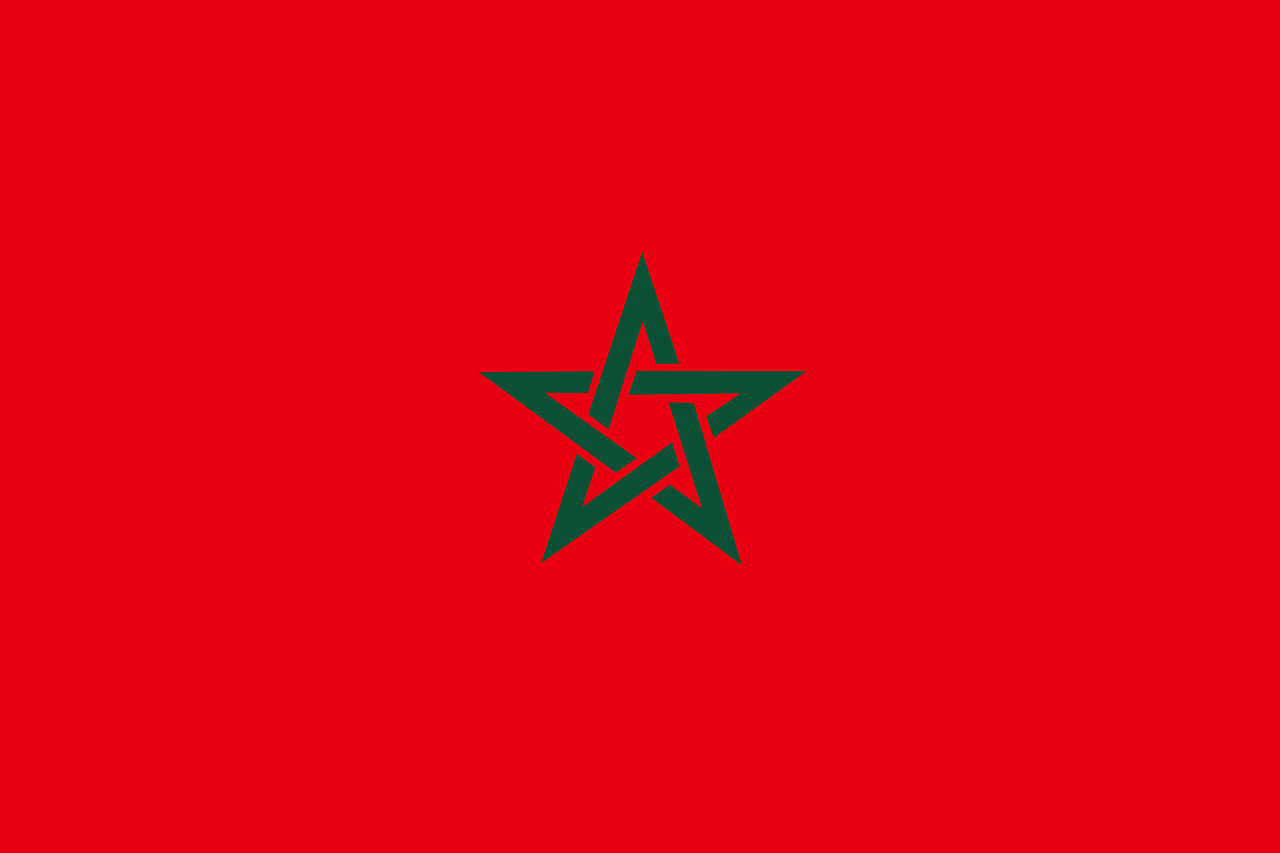 Morocco
Morocco 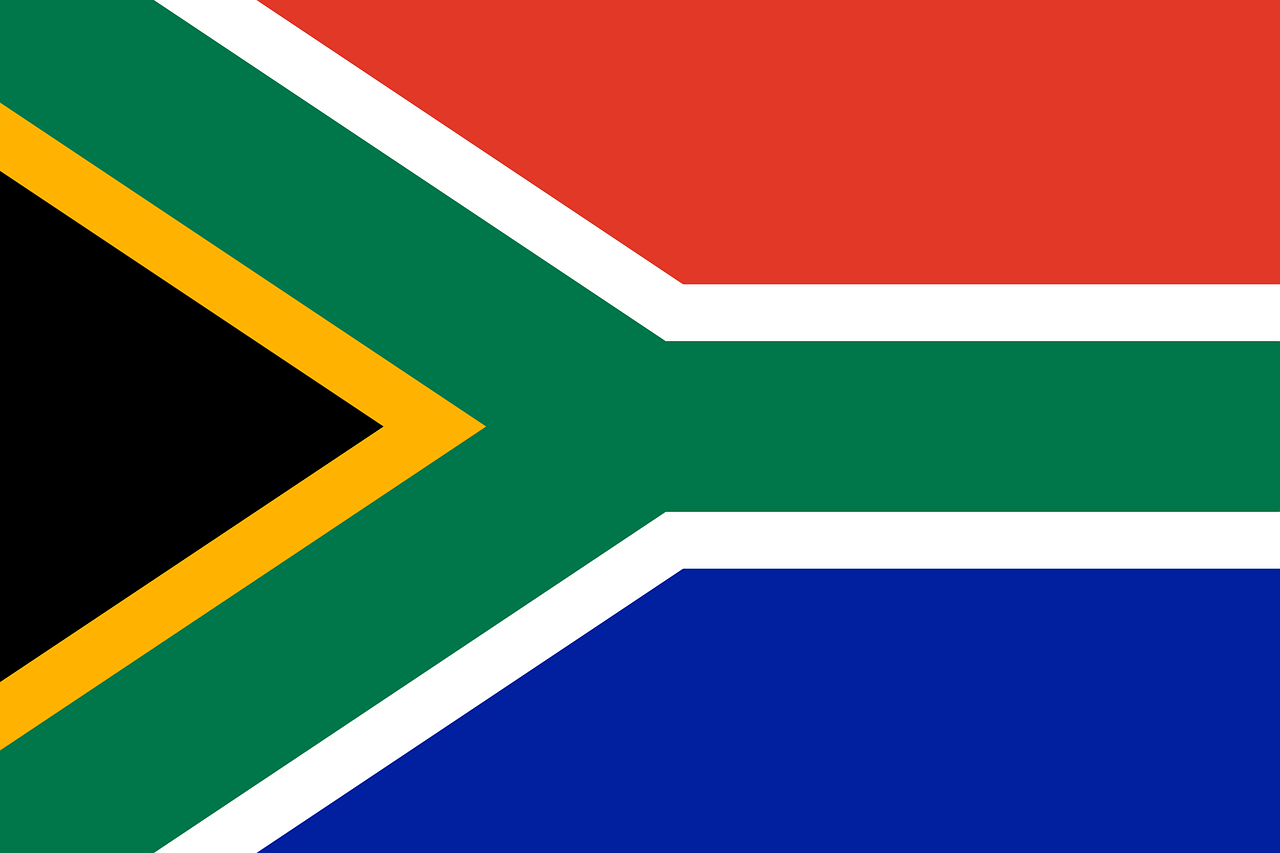 South Africa
South Africa  Rwanda
Rwanda  Nigeria
Nigeria  Kenya
Kenya 